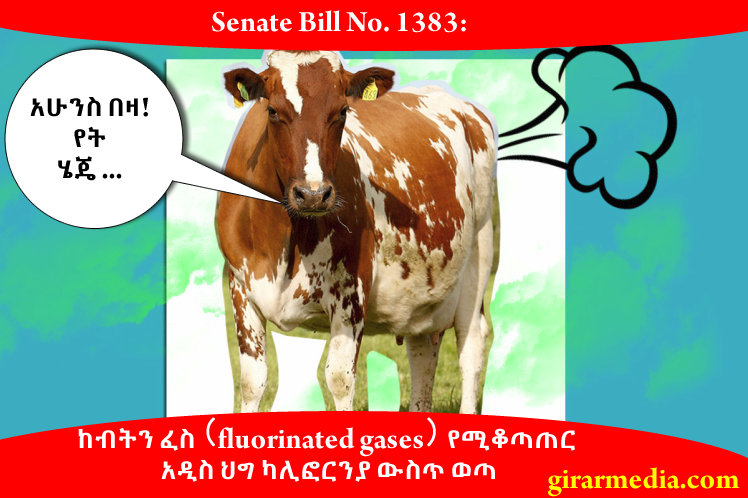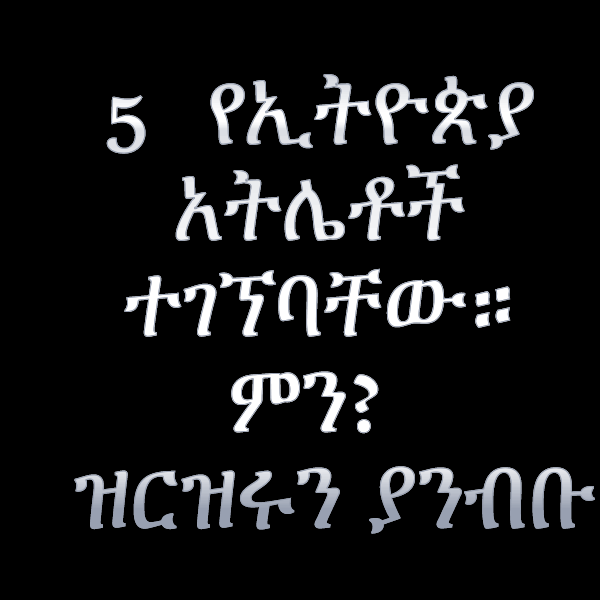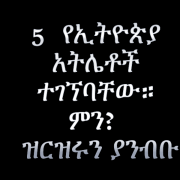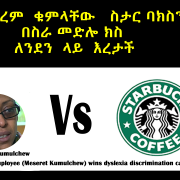Five of the six Ethiopian athletes suspended and under investigation for doping by the country's authorities tested positive for the newly banned substance meldonium, the national track team doctor said on Friday.
Two of the six would have likely made Ethiopia's team for the Olympics in Rio de Janeiro "if they were clean," Ayalew Tilahun told The Associated Press in an interview coinciding with a visit to the East African country by a delegation from the World Anti-Doping Agency.
Ayalew didn't give any names or say what substance the sixth athlete tested positive for.
Ayalew did say delays in making the cases public are related to the World Anti-Doping Agency's decision to obtain more scientific research on meldonium. Meldonium was banned from Jan. 1, but more research is needed to establish how long traces remain in the body. Athletes who have failed tests could have taken meldonium before it was put on WADA's banned list.
"So, we are just keeping these athletes under suspension and we won't take measures until we get a green light to do so from WADA and (the) IAAF," Ayalew said. "Both of these organizations have written to us four times, the last one a little bit more than a month ago, to wait for further notice as they are considering to revisit its (meldonium's) use and implications.
"From the athletes that are under suspension with us, two of them could have made it to the Rio Olympics if they were clean. Their condition was good. I cannot say more than this."
Meldonium increases blood flow and is used to treat heart conditions. It was developed in Latvia and many of the more than 170 failed tests for meldonium so far have involved Russians. The most high profile is Maria Sharapova.

Ethiopia is also under the spotlight for meldonium.
Abeba Aregawi, the Ethiopia-born former 1,500-meter world champion who competes for Sweden failed an out-of-competition test for meldonium this year. She reportedly failed the test in Ethiopia. Also, 2015 Tokyo Marathon winner Endeshaw Negesse has been linked to a positive test for meldonium, although Ethiopian authorities have not said if Negesse is one of their athletes being investigated.
Ayalew attended meetings on Friday in Addis Ababa with WADA deputy director Rob Koehler. WADA's Africa director, Rodney Swigelaar, also traveled to Ethiopia.
WADA has urged Ethiopia to strengthen its anti-doping program and conduct more tests following serious problems in East African neighbor and fellow distance running power Kenya, which was declared non-compliant by WADA last month and had its drug-testing agency suspended.
Ethiopian authorities said in April they would attempt to test up to 200 athletes by November. So far, 37 of those doping tests have been carried out, Ayalew said. The results weren't yet available, he added.









